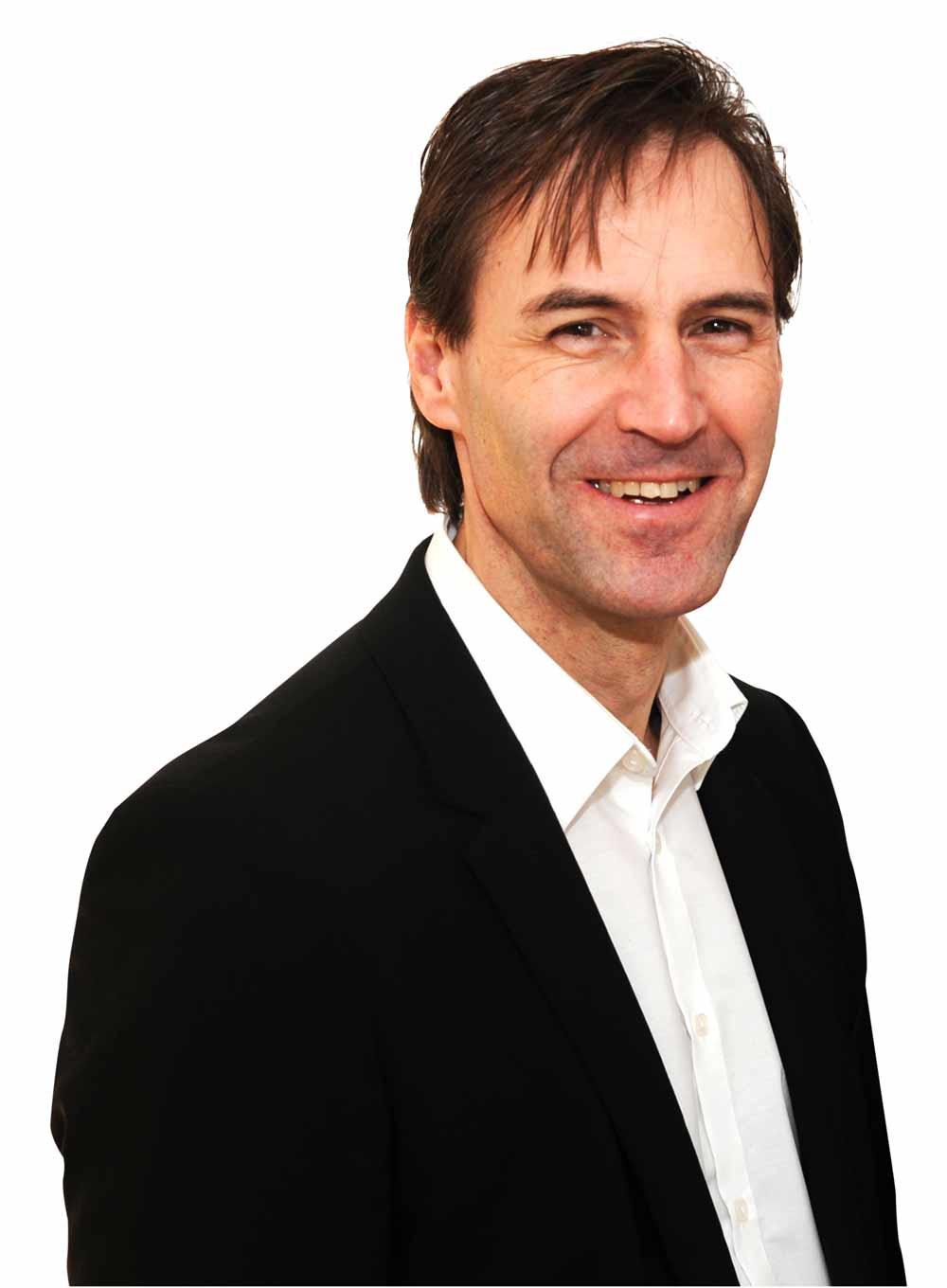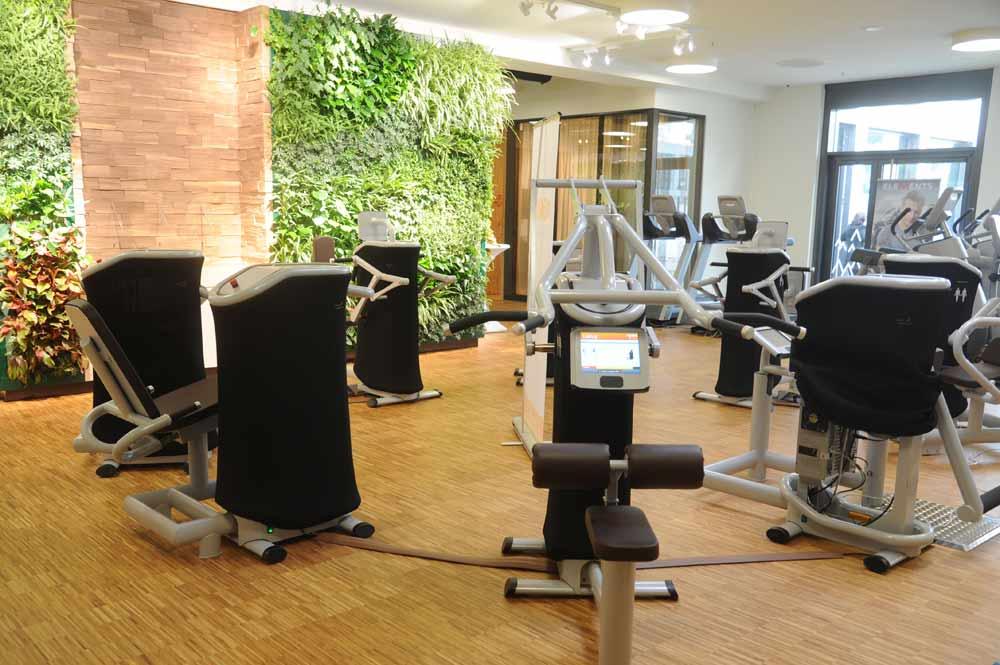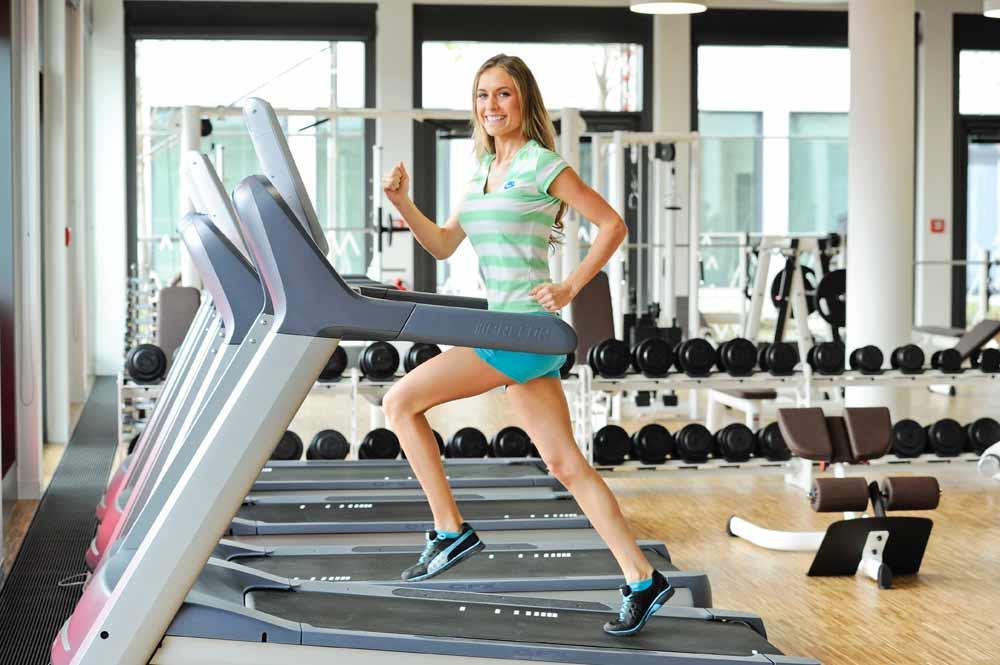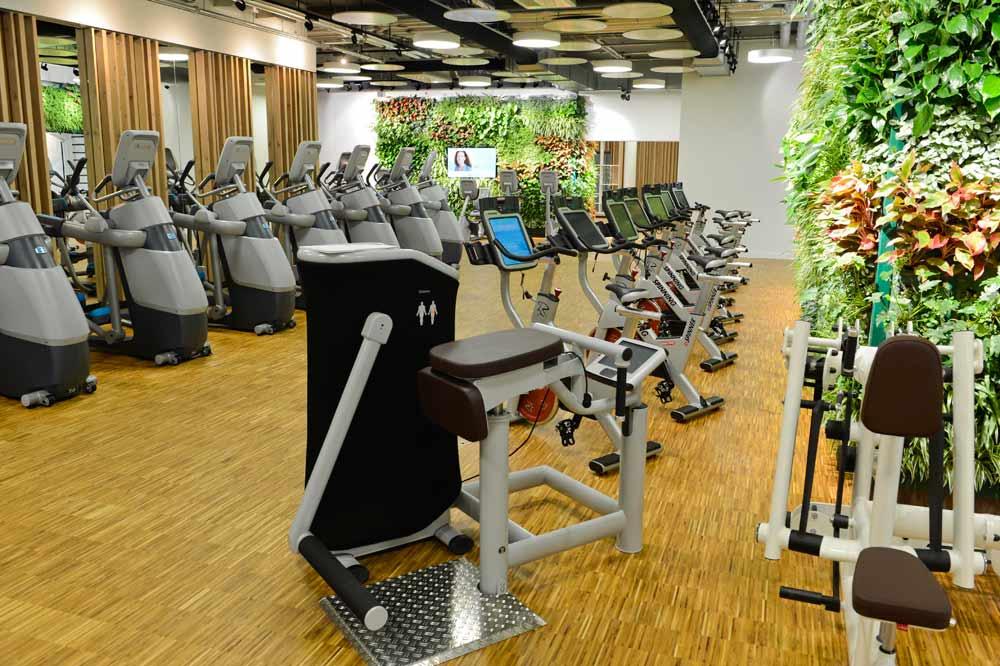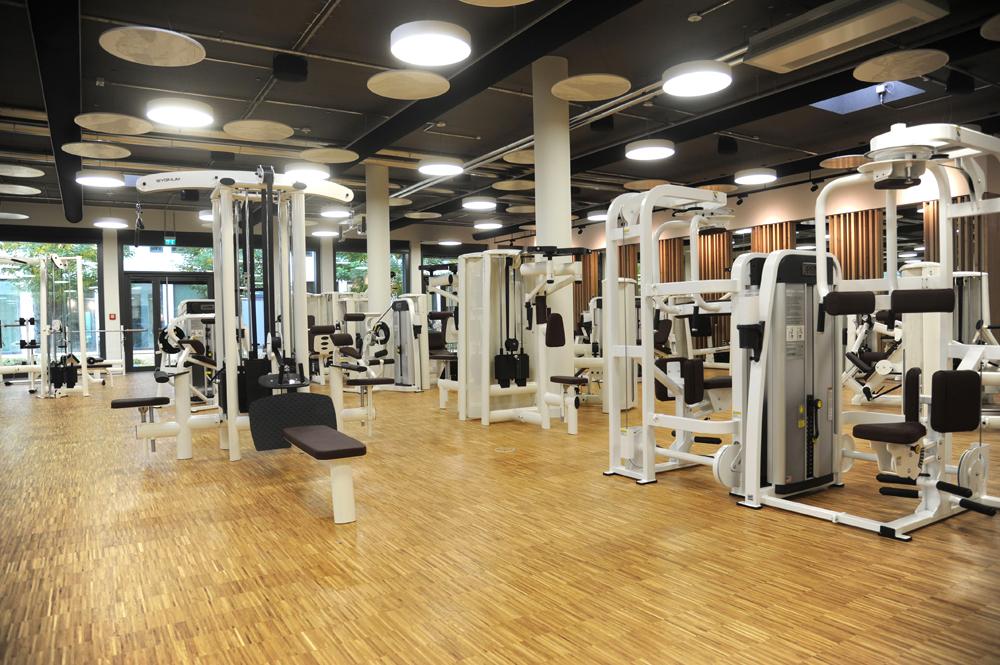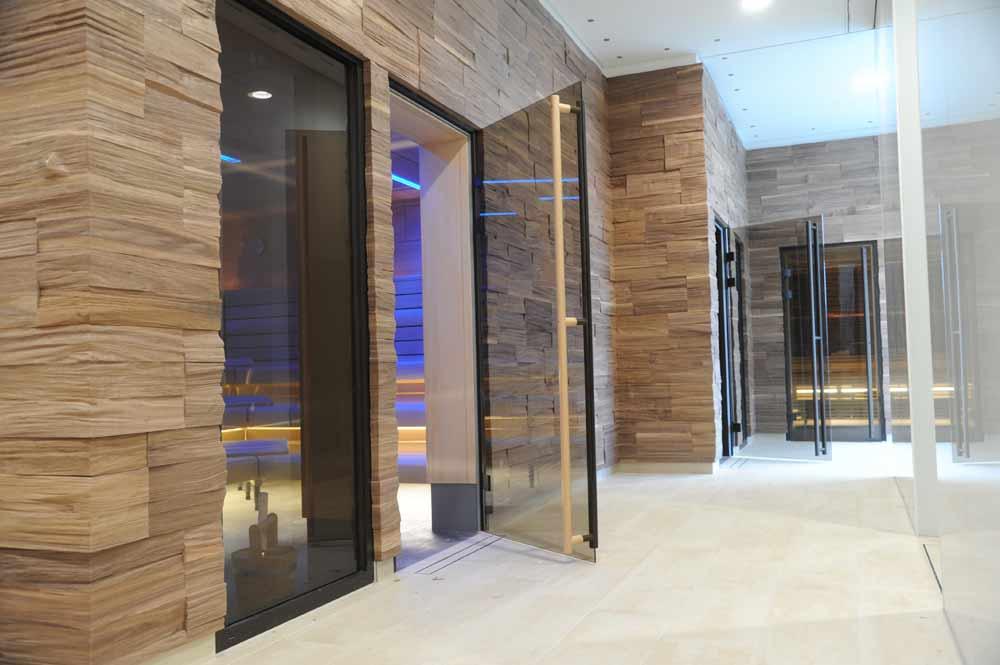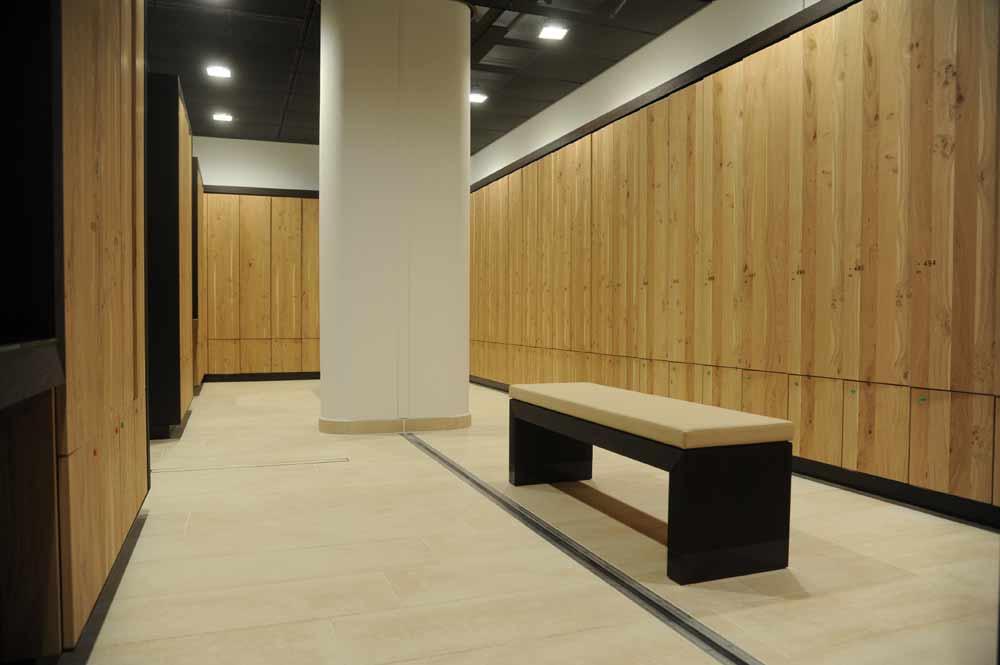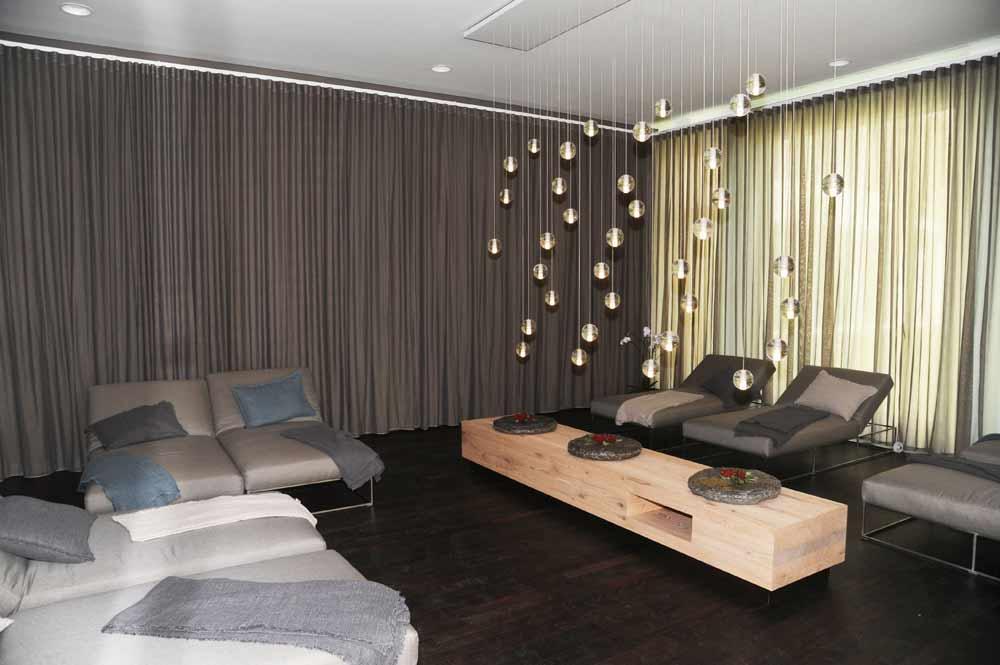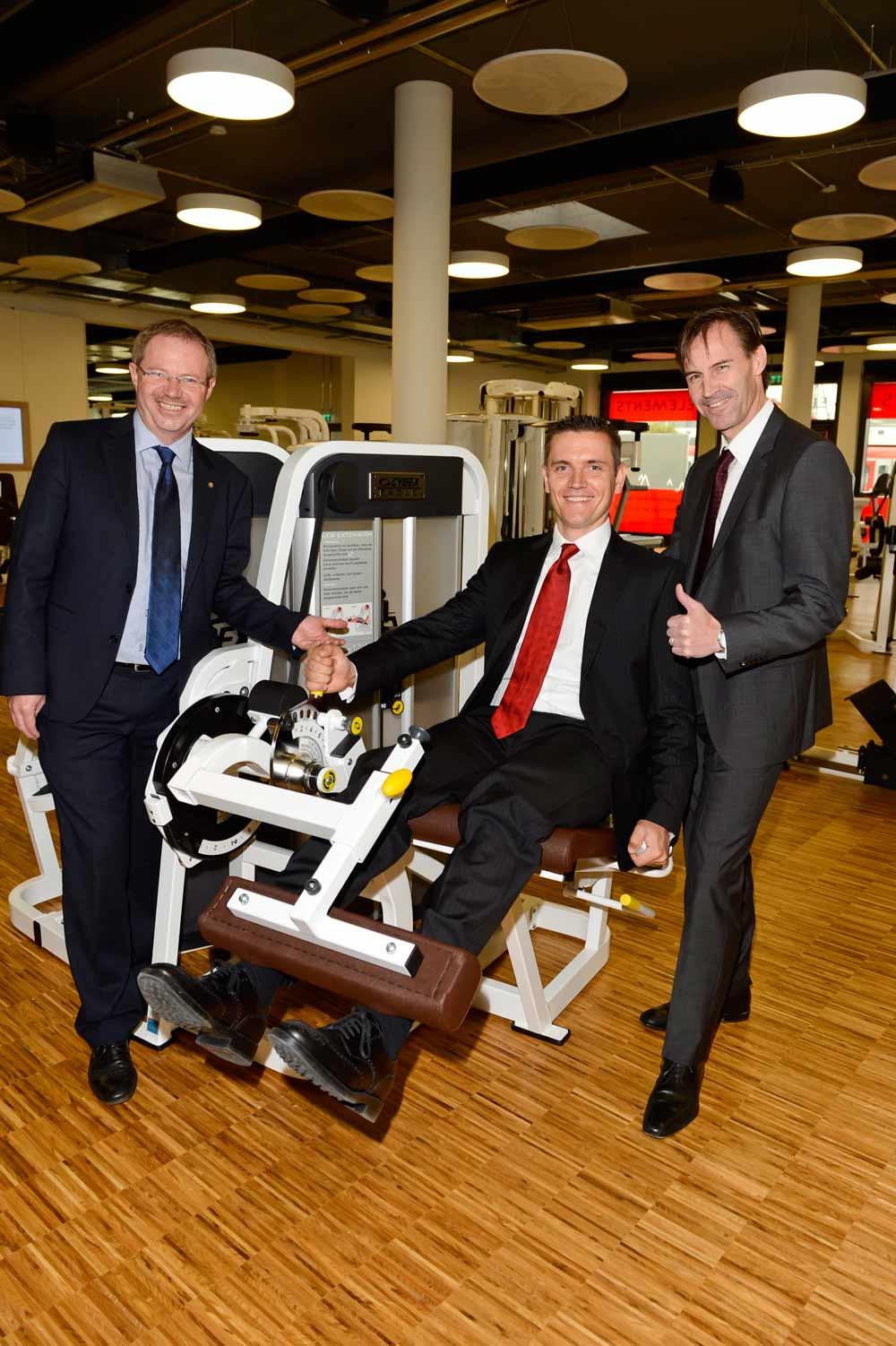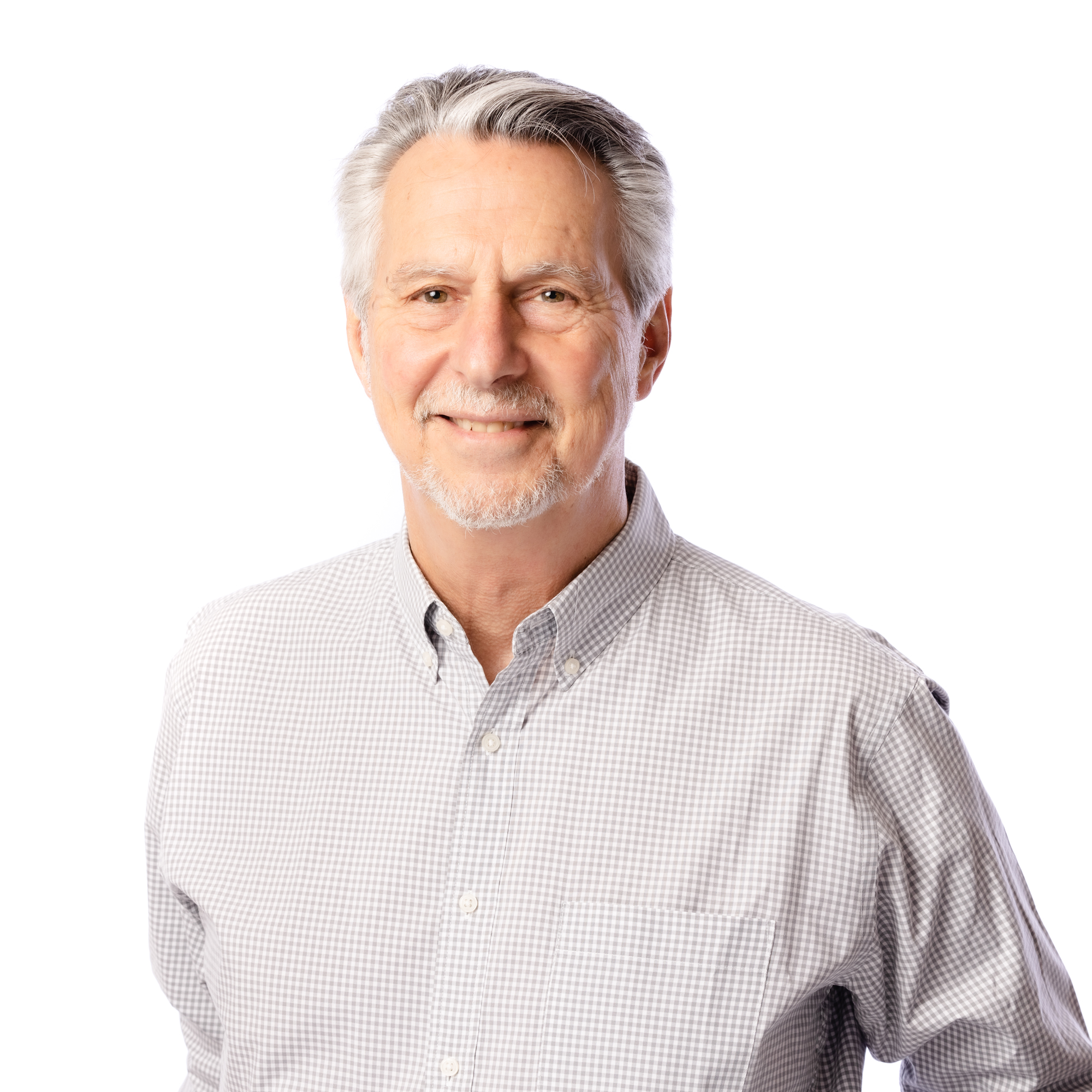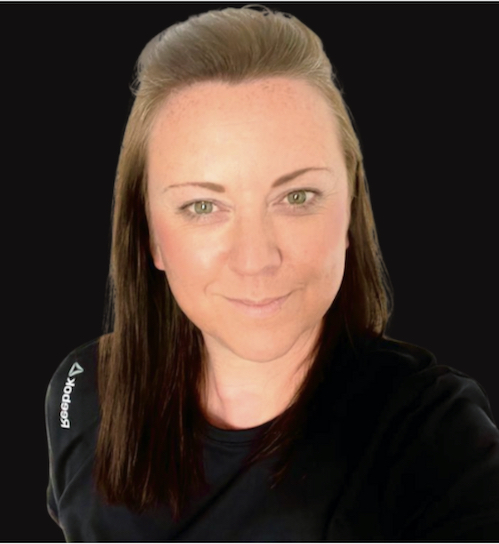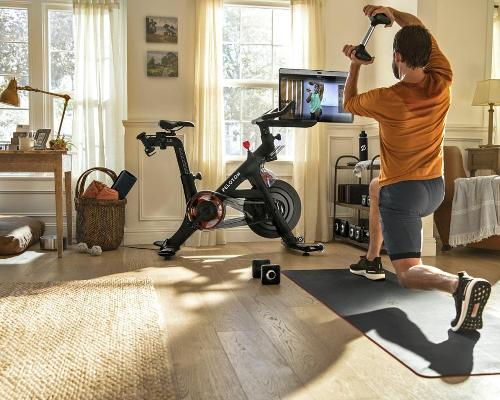In the modern world, success will come to those who know how to construct a universe of ideas around their business.” So said Gottlieb Duttweiler, who founded Swiss co-operative Migros in 1925. Migros might since have grown to become Switzerland’s largest retailer, known primarily as a supermarket brand (see information panel below), but this philosophy – its own ‘universe of ideas’ – is still very much in evidence today.
Sustainable development – from an economic, social and ecological perspective – lies at the heart of the not-for-profit business, with Migros priding itself on its high ethical standards and corporate social responsibility. Value for money and quality of products are also key, as is customer service: with over two million members from a total Swiss population of just short of eight million, Migros is essentially owned by its customers and places high importance on their buy-in. Finally on the list of company values are ‘Swissness’ and regional focus: the business operates as a federation of 10 distinct co-operatives across Switzerland, each of them delivering against a social and charitable agenda in their own region, as well as supporting local producers.
Fitness leader
Migros is not only a supermarket chain, however; among its other divisions, it’s also Switzerland’s leading health and fitness operator. And here too, the company’s focus on customers and staff is evident. “Our mission is the health of our people,” confirms René Kalt, head of the recreation division in the Zurich co-operative. “We’re responsible for the health of our customers, and we need to offer fair, proven training to help them reach their goals.”
Kalt originally joined Migros in 1995, prior to which he was coach of the Swiss women’s volleyball team, including overseeing the development of a new national training centre for the Switzerland Volleyball Federation. “Then I got the chance to join Migros and head up a health club: one of the federation’s first in the country, and the first in the Zurich region. It was a premium club in Regensdorf, near Zurich, operating under the Fitnesspark brand. From there we began to expand, building more large, full-service health clubs and extending into golf courses too. We also took over a sports and leisure park that offered tennis, football, golf and so on.
“But we reached a point where we couldn’t expand much more by focusing purely on such large-scale developments. We still wanted to develop the health and fitness offering though, so we decided to turn to smaller footprint clubs. We acquired a chain called Activ Fitness and put our efforts into speeding up the growth of that business. We now have 19 of these clubs, and together with our Fitnesspark facilities, we cater for 60,000 members – around 6 per cent of the Zurich population. Adding in our other venues, probably around 12 to 14 per cent of the local population currently use our facilities.
“We don’t know exactly what the other Migros co-operatives are doing, as we all operate independently using different sub-brands. However, Migros Zurich is easily the biggest co-operative: we generate probably 40 to 50 per cent of the group’s total turnover.”
Launching ELEMENTS
The fact that the Migros co-operatives all operate independently meant that, when Kalt and his team were eyeing up opportunities for further expansion, venturing into the territory of another co-operative was not feasible. The Zurich co-operative therefore looked across the border, to Germany, where – under the leadership of Kalt as CEO and André Ehrlich on the ground in Germany as COO – it launched its first club in November 2012.
The premium club was launched under a new brand, ELEMENTS, which was created specifically for the German market, and which has as its tagline: ‘Swiss up your life’. So just how compelling is that as an advertising message in Germany, I ask? “To us Swiss, it sounds awful!” admits Kalt. “When the German advertising agency presented the idea to us, our immediate reaction was to say no – we’re very modest in Switzerland and don’t like to go around claiming to be the biggest or the best. But the research suggested it really was the right approach – that for the German market, being Swiss represented high quality, fairness, sincerity. The verdict was that, at least at first, we had to communicate that.”
Fairness and sincerity would certainly seem to be strong selling points, as Kalt explains: “I have a lot of respect for other fitness operators – there are some very good clubs out there. But my gut feeling is that a number of the big operators are in it more for the money than because they really want to give people health. That’s a problem, because mistakes are made and the public loses confidence in gyms’ way of training.
“The good thing about Migros is that, although the co-operatives have to earn money, it’s not our main objective. Our primary goal is to support the health of our customers. If you take that approach, you do also earn money. But if the money comes first, it’s always a problem.”
So how about the perception that Swiss means high quality? How does the ELEMENTS offering deliver against this, and indeed how do the German clubs compare to those in Switzerland? “First of all, we can build slightly bigger clubs in Germany because costs are lower across the board – rent, as well as building costs and salaries,” says Kalt. “But essentially the standards are very similar to our clubs in Switzerland.
“Perhaps one key area where we have applied learnings is in the scope of what we offer. We haven’t tried to save money, but at the same time we’re not just putting things in because we feel we ought to. We haven’t aimed for unnecessary luxury – we’ve produced an Audi A8, not a Rolls Royce.
“It’s all very high quality though, with high technical specifications, and not only in terms of what members actually see: the décor, the equipment and so on. We also focus on the invisible elements: the quality of the air in the club, for example, and the absolute purity of the water.
“However, we haven’t included elements that members don’t actually need and we’re therefore able to deliver it at a very fair price: e85 a month.”
Nevertheless, the ELEMENTS model is high-end, including an extensive spa offering. Subject to space, there are two different formats: essentially with or without a pool. “But if we have the chance, we’ll always include a pool,” says Kalt. “It’s not a lap pool for swimming though. It’s normally a big pool with hot water, around 34–36 degrees, that’s designed for relaxation. That’s complemented by the saunas – we aim to build very special saunas – and a whole hammam process, where you move from room to room before ending up in the relaxation area. Those are also special – we try to influence all the senses so they’re not just rooms to lie down in. We work with lighting engineers to create different moods, or perhaps use different types of flooring so it’s soft underfoot. It’s very sensual.
“We do have one or two treatment rooms, but that side of the spa is less of a focus for us – it’s more about offering facilities to help our members relax.”
Service and results ELEMENTS gyms, meanwhile, focus heavily on achieving results for members to complement the relaxation of the spa area. Equipped by suppliers including gym80, CYBEX, X-Force and Concept2, nevertheless it’s the programming and the customer service, rather than the facilities themselves, that represent the club operator’s USPs from a health and fitness perspective.
Migros has invested in extensive research and training to ensure the programming it puts together will genuinely deliver against members’ health and fitness objectives. “The main thing for us is not to have the right equipment to keep members happy, but rather to create a concept that’s based on the latest scientific research,” says Kalt.
“We work with two external sports scientists to develop proven training concepts. They also educate our staff on a regular basis, so everyone’s kept up-to-date with the latest research findings and how to apply these in the gym.”
And from a customer service perspective: “We aim to copy the model of a five-star hotel, so members really feel as though they’re our guests. Our job is to try and make their wishes come true. We’ve selected our staff based less on their knowledge of training and more on their understanding of service. We believe we can teach them the training part, but not the service part. This you have to have in your blood.
“By taking this approach, I hope we can finally really make a difference for people. That’s our main goal. I know how difficult it is – sometimes you just don’t find the right people, and you start making compromises – but we’re starting from the ground up and we’ll put a lot of energy into getting it right. And if at any point members aren’t happy, I hope they’ll tell us and we’ll try to resolve problems as fast as possible.”
Expansion plans
So what are the plans now following the opening of the first club in Munich in November? “We aim to open a second site, also in Munich, at the end of April 2013. This will be followed by three further clubs in autumn 2013 – in Stuttgart, Frankfurt and Munich – and at least another two in the centre of Frankfurt in 2014. We want to build up to eight clubs across those three cities in the first year or two. If it works, we’ll look to roll out around 50 clubs in the main cities across Germany.”
Although the original intention had been to acquire an existing chain – both for speed of roll-out and “because it’s hard to enter a new market, and buying existing clubs also allows you to buy relationships” – most will in fact be new builds. “Actually, I’m now happy we’re doing it this way,” says Kalt. “It means we will expand slower, but we can do things our way, getting involved from the very beginning to ensure the building is designed exactly the way we need it.”
He continues: “Other formats – smaller clubs, for example – could also be considered somewhere down the line, allowing us to venture into different sorts of locations. But that’s not at all decided yet. For now we’re just concentrating on the first eight clubs, assessing how the market responds.
“In the meantime, we’re also diversifying our business in Germany – Migros Zurich recently acquired the German supermarket chain Tegut, and we’d certainly consider further development opportunities for the German market.
“We could also take the ELEMENTS model to other markets – why not? In my long-term dreams, that’s certainly something I’d like to do. But first we have to succeed in Germany, and we can only do that one club at a time.”








